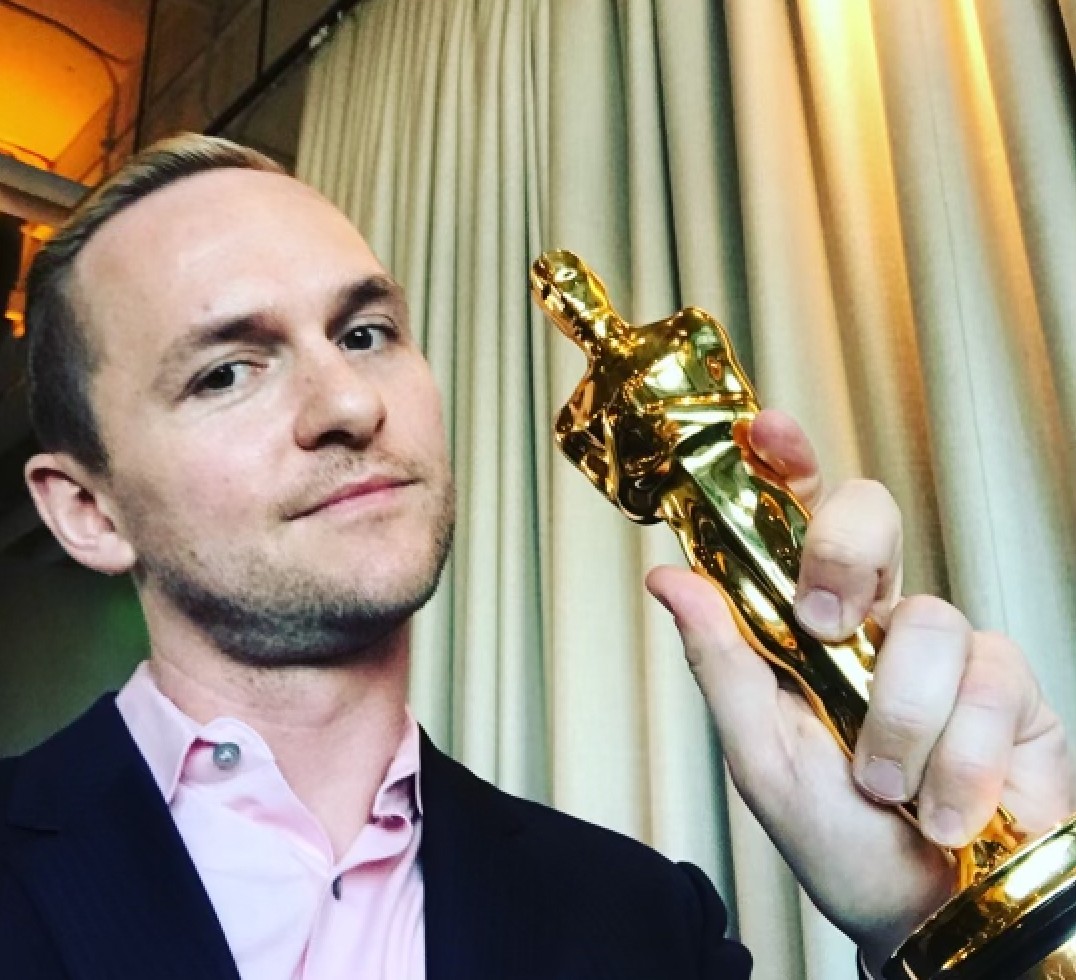Alright – so today we’ve got the honor of introducing you to Craig Greiwe. We think you’ll enjoy our conversation, we’ve shared it below.
Craig, thanks for joining us, excited to have you contributing your stories and insights. Talk to us about building a team – did you hire quickly, how’d you recruit the first few team members? Any interesting lessons?
I’ve been in a number of situations where I’ve started a division or a company, including my own, from scratch. And over the years, I’m proud to have gotten really good at finding and retaining talent, as well as fostering their growth and the promise I always make: you will grow farther, faster with me than you would anywhere else. It wasn’t always that way – I’m honest enough to say I wasn’t a good boss when I started 20 years ago. But now, I focus on a few things. First, in the interview process, it’s not just about experience and skills. If anything, it’s about who they are as a human being. How do they handle conflict? How do they handle uncertainty? Getting to know the whole person as much as possible through a unique, standardized–and difficult–interview process that takes a minimum of four rounds with at least five other stakeholders is key to dive deep quickly and avoid bias. From the time a hire is onboarded, we treat them as if they’ve been here forever. Their voice matters as much on day one as a veteran’s, and as much as an assistant as a Vice President. And then, most of all, it’s about meeting where they are, operating from a place of “servant leadership.” I am not successful if I am successful. My only mission is that my employees deliver results because they feel empowered and like they are growing. That’s my metric, and it’s on me to meet them where they are, with what they need, to get there.


Awesome – so before we get into the rest of our questions, can you briefly introduce yourself to our readers.
I haven’t interviewed for a job that existed before I took it since 2005. I’m a unique creature. A former orphan who “grew up” professionally in the entertainment industry, and has worked across every industry since then at the nexus of problem solving and business. From sports to celebrity to business to PR to marketing to strategy to M&A, I’ve been valued not for my subject matter expertise (though I have plenty), but for the unique ability to solve intractable problems and to achieve seemingly impossible goals. Previously it was for clients with over $200 billion in revenue – Facebook, Verizon, Mastercard, the late Kobe Bryant. Now, it’s for a holding group with some of America’s most trusted names and valued brands: Cinq, the largest independent music holder in America; nglmitu, the largest Latino outlet; Yogaworks, the historic fitness brand; Eastern Mountain Sports and Bob’s Stores, beloved retailers; and Sound Royalties, an innovative music financing company. And while I grew up a marketer, now I am a business executive from a consumer-first perspective knowing that’s how every company–including B2B companies–should be run. At the heart of every business is a customer, and that customer is a consumer, a human being. Being curious about humans and honest about their intentions, their hearts, and their desires drives both my curiosity and, as a result, my success.


How’d you build such a strong reputation within your market?
I am always, always sincere. Whether my client or my company or my coworkers, they understand that I believe what I say with the fire and passion that they would if it were their company, their project, their livelihood at stake. Knowing that I will always be sincere, and that I will be as passionate as they are–and doing so consistently–has given me credibility to take risks and inspire people to take them with me.
Have any books or other resources had a big impact on you?
If you haven’t read Servant Leadership, you’re missing out. I’ve always tried to think about how to best foster growth in those I work with, but this short booklet encapsulates academic theory in an approachable way that changed how I interacted with others. Its lessons were transformative, and also illustrative–as to who had read and understood it, and who was just faking it. Not all leaders are created equal.
Contact Info:
- Website: craiggreiwe.com
- Instagram: @theworldatcraig
- Facebook: @theworldatcraig
- Linkedin: https://www.linkedin.com/in/cgreiwe/
Image Credits
Craig Greiwe


